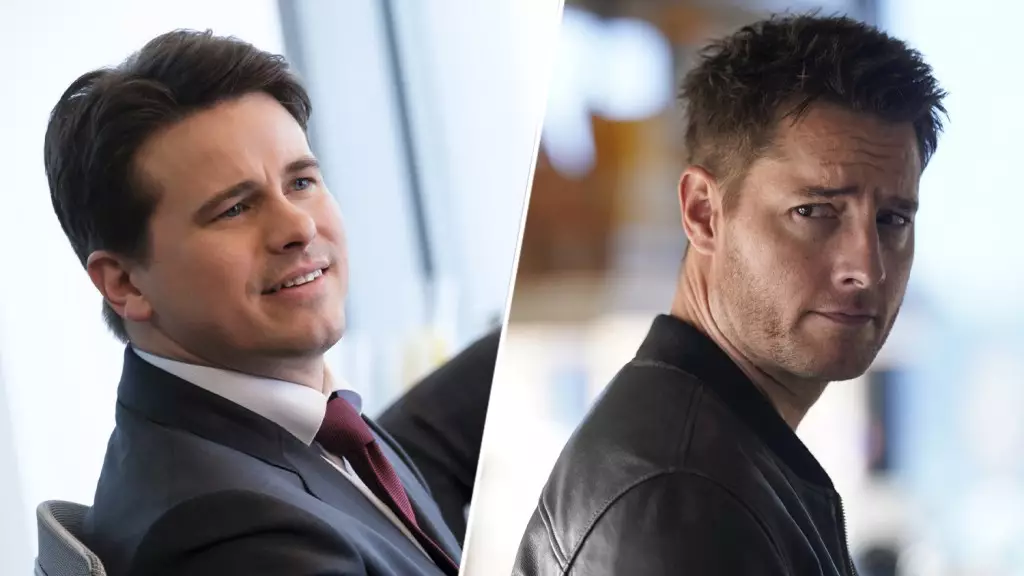The character arc of Julian Markston exemplifies the intricate nature of human morality and the potential for change. Initially painted as a flawed yet sympathetic figure juggling the strains of divorce and personal baggage, Julian’s layered personality becomes more evident as secrets surface. His deliberate concealment of past sins and the walls he erected around his vulnerabilities mirror a common, yet often overlooked, tendency in real life: the human desire to protect oneself from shame and judgment. The recent revelations about his affair and the subsequent fallout serve as pivotal moments that catapult him into a new reality, forcing him to confront truths he once dared to ignore. It is precisely these raw, often uncomfortable, moments of self-awareness that make Julian’s journey compelling and realistic, setting him apart from one-dimensional characters often seen on television.
A Crossroads of Moral Reckoning
The storyline’s deliberate focus on Julian’s internal struggle highlights a powerful narrative theme: redemption. The fact that he has attempted to suppress or deny his past misdeeds emphasizes the universal human tendency to hide imperfections rather than confront them head-on. However, with the revelations coming to light, Julian is left with no choice but to face the consequences. His character’s evolution underscores that true growth often involves acknowledging our faults, no matter how shameful, and making conscious efforts to amend them. It’s this moral ambiguity—being neither wholly good nor evil—that makes Julian a character worth rooting for. His willingness to grapple with his mistakes, rather than sweep them under the rug, offers a nuanced perspective on personal accountability and the possibility of renewal.
The Power of Unlikely Alliances in Storytelling
The suggested crossover with CBS’s *Tracker* introduces an exciting dimension to Julian’s narrative—a convergence of worlds that underscores the importance of human connections amid chaos. The idea of pairing Julian with Colter Shaw emphasizes that sometimes, the path to redemption is paved through unexpected alliances. Both characters, rugged and tenacious in their own right, symbolize resilience in confronting danger and moral dilemmas. Such collaborations serve not only as narrative catalysts but also as metaphors for how real-life transformations often occur through external support and shared purpose. This crossover concept is more than just a storyline device; it’s an allegory for how vulnerability, when embraced in trusted relationships, can lead to profound personal breakthroughs.
Implications for Future Narratives and Personal Growth
Julian’s evolution highlights a compelling truth: life does not deliver clean, easy answers, but rather demands ongoing effort and honesty. His current predicament—rebuilding trust and understanding—resonates on a deeply human level. It pushes audiences to consider their own struggles with mistakes and the importance of genuine atonement. As the series progresses into its sophomore season, viewers can expect Julian to wrestle with the consequences of his actions, both self-inflicted and externally imposed. This ongoing process signifies that true resilience involves confronting pain, embracing change, and working tirelessly to forge a better version of oneself. Through Julian, the narrative champions hope—the notion that no matter how dark our past, light can always be found on the horizon if we dare to face our truths with courage.
